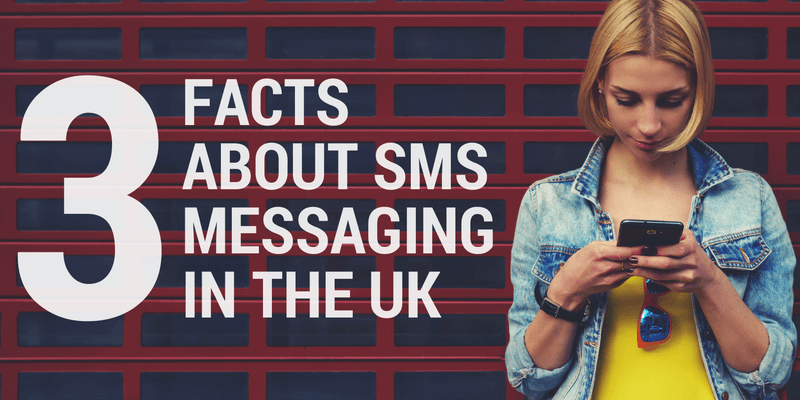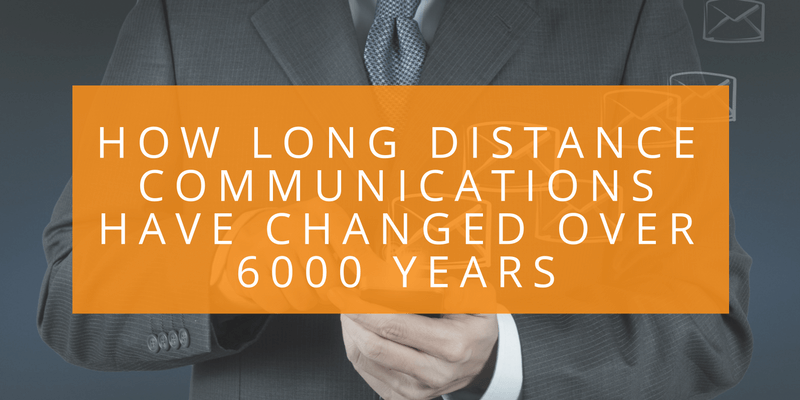Do You Ever Unplug From Your Mobile?

It’s somewhere around 2 am when you’re suddenly awoken by something. It takes a few seconds for you to realise what it is: your mobile is buzzing, singing, beeping – whatever your notification sound is at the moment. Do you roll back over and go to sleep, or sit right up to see what the message is?
On those nights I forget to put my mobile in silent mode, I just roll over and keep sleeping. That is, unless a member of my family is out and may be contacting me in an emergency. But the fact is my mobile is right there, plugged into my nightstand (yes, I bought a nightstand that included built in plugs for my devices). It sits there in the top drawer while my iPad sits on top of my nightstand, conveniently running the Nightstand app. So even while I’m sleeping, my mobile technology is just a few inches away.
While it’s undeniable technology is a growing part of our everyday lives, it may be surprising how few of us ever turn it off. Or leave it behind. A 2014 study of Americans revealed that 43% never unplug from technology (mobiles, tablets, TVs, laptops, etc.). Another 17% only unplug a few times a year. Twenty percent say they unplug daily, but that large a percentage makes me wonder if they misunderstood the question. Perhaps they took it literally and said yes they unplug their devices everyday – like when you unplug your mobile to take it with you. We’ll never know I suppose.
This latest survey matches up well with previous studies in the UK that revealed many felt giving up technology was as hard as giving up cigarettes or caffeine. If you do a Google search for “unplug” you’re likely to find a slew of websites and social media movements aimed at getting people to turn off their technology, at least for a little while. I love the concept, but in practice it’s a very hard thing to do.
But there’s a good side to always being “plugged in” too. At least when it comes to mobiles. Never before could we be so in touch, so up-to-date, and informed. From our perspective, always having your mobile so close by makes it the perfect means to send timely or critical information via SMS messaging. For example, school closures, account balance information, reservation confirmations, delivery notifications, and emergency alerts of all kinds.
What do you think? Do you find a balance between “always on” and “unplugging”? Or are you as addicted to your mobile as I am? Is any thought you should unplug mobile devices going to fall on deaf ears?
Related Articles
Death of SMS? Premature indeed.
3 Facts about SMS Messaging in the UK
Do people really like getting SMS messages? Is it true they’re using Apps like WhatsApp instead? A recently published survey reveals those answers, and a few more. Find out the details on how SMS messaging is used and viewed in the UK in this blog.
3 SMS Marketing Metrics That You Need to Know
SMS marketing is one of the most effective mobile marketing channels available. It’s also one of the easiest to measure your performance for every campaign, even every message. Read the full blog to discover the three of the basic metrics you’ll need to know to evaluate your success.
SMS Messaging is Much Better Than Shouting!
Just in the last 60-70 years, communications have gone from requiring a person to route the calls to not needing anyone other than the two people at either end. It all got me wondering about the history of communications and how much different it is from even just a 100 years ago, or a thousand. The result of my wondering is this infographic that covers most of recorded history (at some level of detail anyway).
Marketing Review for 2015 Holiday Season
Comparing SMS and email marketing results for the 2015 holiday season, this article taps into reports from Expedia and Adobe to share important insights.
Why Brits are Lucky When it Comes to SMS Spam
SMS spam is a problem worldwide. But in the UK, we’re less likely to get it than many other countries. Find out why that is, see some examples, and how you can do your part to keep your SMS messages free of spam.
24 Key Research Statistics that Prove You Should be Using SMS Marketing
If you find yourself needing to justify putting budget towards SMS marketing or convincing your manager that it's the right decision for you, here are some key research statistics to keep in mind for why you should pursue an SMS campaign...
Email vs. SMS Revisited
The digital marketing age has really given us so many options when it comes to running campaigns. If you Google “digital marketing channels”, you’ll get article after article about which ones work the best. Of course, most of them won’t completely agree. Here we take another look at how email and SMS measure up against each other.
What Your Customers Want From SMS Marketing
Mobile marketing offers an unprecedented access to your customers virtually any time, anywhere. This is particularly true for SMS marketing because it is “always on”. Customers don’t have to be surfing the web, or using an app to receive messages. Instead, they see the marketing messages right alongside ones from their friends and family.
How A/B Testing Works in SMS Messaging
A/B testing in SMS messaging is something that sounds vague and possibly complicated. But with a little knowledge it’s something you can do for your organisation. We make it simple to understand and share some tools to make it easy to do.












